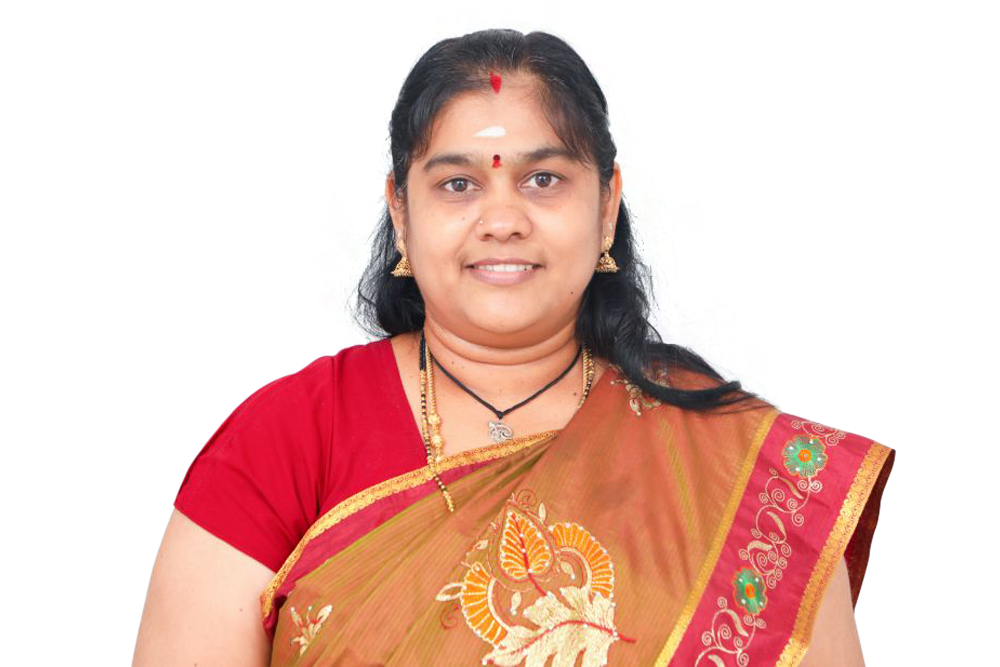Year : 2017
Usage and analysis of Twitter during 2015 Chennai flood towards disaster management
Cite this Research Publication : M. R. Nair, G. R. Ramya, and Sivakumar, P. B., “Usage and Analysis of Twitter During 2015 Chennai Flood towards Disaster Management”, Procedia Computer Science, vol. 115. Elsevier B.V., pp. 350-358, 2017.
Publisher : Procedia Computer Science, Elsevier B.V,


